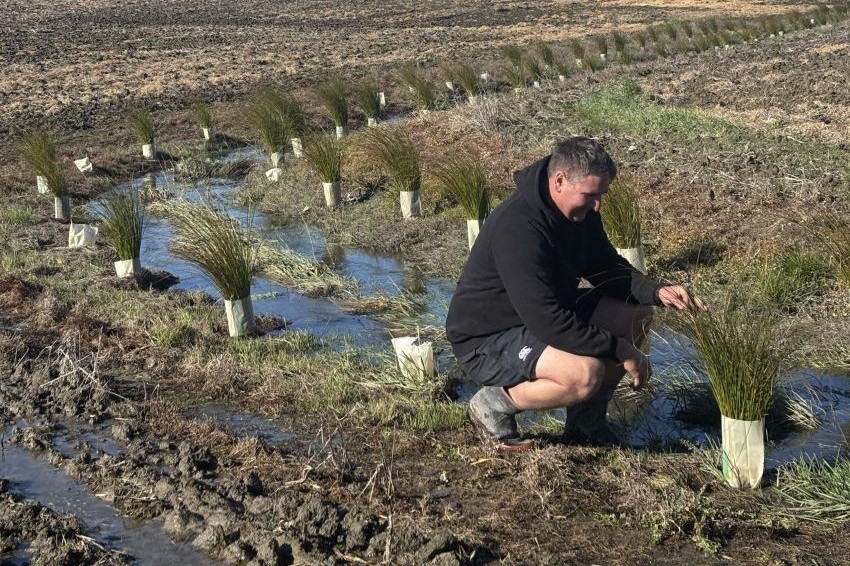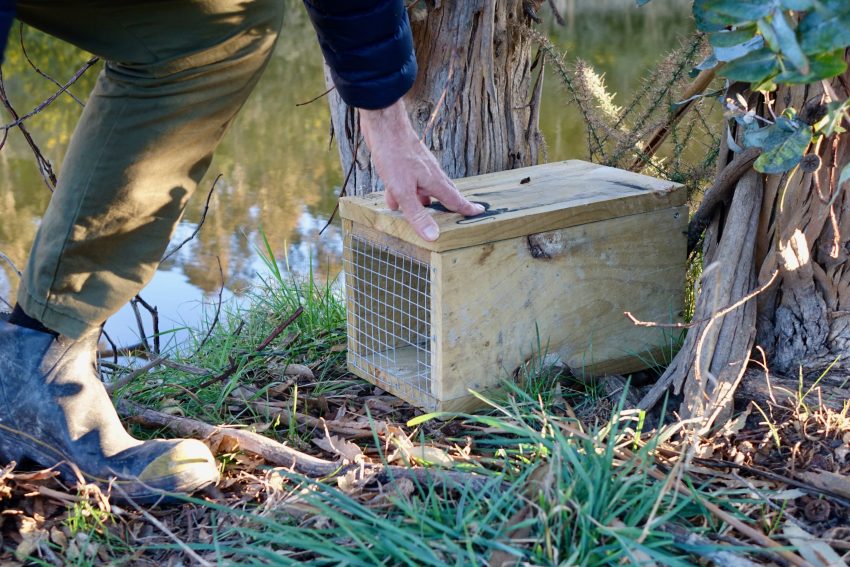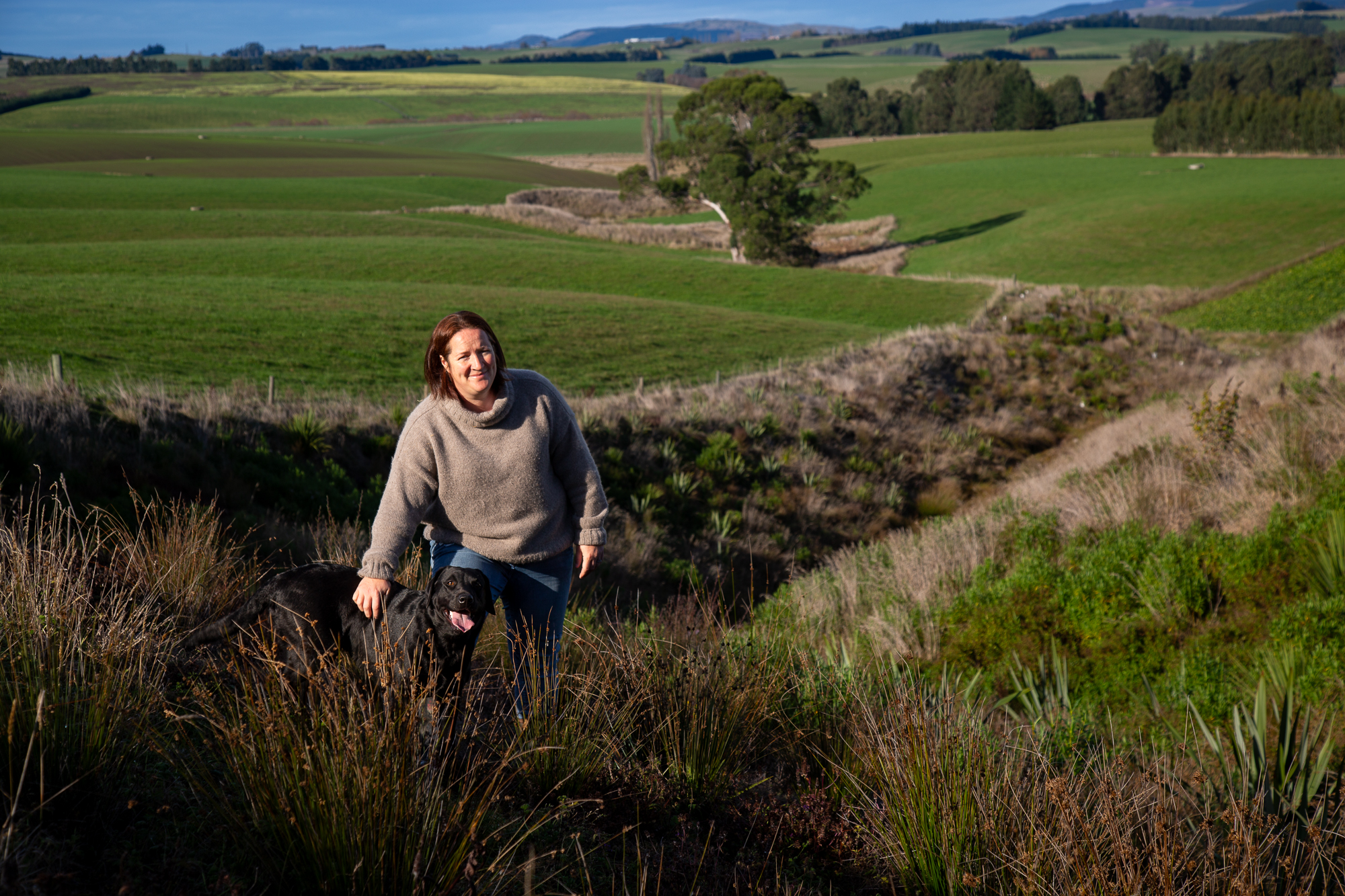Company name: New Zealand Farm Life Media Limited
Contact person: Tony Leggett
Region: Manawatu
Background about your business:
NZ Farm Life Media is the publisher of two farming magazines, Country-Wide and NZ Dairy Exporter. The focus of both magazines is on providing readers with expert opinion and best practice advice they can use in their own farming enterprises.
Our writers and commentators are experienced, and many are tertiary qualified in animal science, animal and pasture production, and environmental disciplines.
NZ Dairy Exporter has been published for close to 100 years and is deeply embedded in the dairy sector. Country-Wide has closer to 50 years of history as a monthly title, focused on the red meat and arable sectors.
General response to proposals:
NZ Farm Life Media shares the government’s view on ensuring safe, clean waterways that everyone can be proud of and enjoy in the future. The company (and most farmers) accepts that some past farming practices have contributed to the degrading of waterways in some areas of the country, but firmly believes that farming is not the only contributor to this situation.
Our primary concerns are the lack of financial impact analysis presented in the proposals and the timeframes suggested for action. Significant changes to farming systems which may have been in place for decades will take time.
Both these concerns must be revisited before the proposals can be enforced. Feedback we’ve gathered from farmers so far on the Essential Freshwater proposals suggests they face significant cost, stress and criticism from the wider public yet almost all of them are farming within the limits allowed in their current consents in place on their farms.
Another significant concern is the proposals appear to reward farms where little effort and investment has so far been made into lowering discharges into waterways.
This must be reviewed. Both our magazines are full of articles on best practice farming, highlighting the benefits to environments from lower leaching of nutrients into waterways through containment, riparian planting, fencing of waterways and changes to stocking ratios to lower fertiliser use.
Impacts and implementation:
If adopted in their current form, the Essential Freshwater policies would have significant impact on farmers and farming in this country. Yes, the outcomes being sought are needed, but farming families and rural communities would suffer if the current timeframes for completion remain.
It is difficult to predict how many farming businesses would fail because they cannot meet the proposed new levels for run-off, but one study suggests 68% of sheep and beef farms would not be viable if the current proposed rules were adopted without any changes. That would be catastrophic for rural communities already under pressure from a raft of challenges, including carbon forestry and the large-scale sale of farmland to production forestry.
Our view is that an agreed partnership approach, with progress timeframes agreed in advance and checked off by independent auditors, makes more sense. That would allow a tailoring of the timeframe and tasks to each individual farm business, allowing greater flexibility to take the farm size and topography, farm systems, stock classes and farm labour requirements into account.
Farmers are pragmatic and will work hard for an outcome when they can see an understanding of their individual situation by those demanding the changes. History shows they can adapt to massive change. A great example of this is the overnight removal of subsidies on farm outputs in the mid-eighties. Farmers were forced to make significant changes to their farming systems, reduce stock numbers and focus on per head, rather than total flock or herd performance.
There were casualties from this bold move, but it triggered a massive improvement in profitability for many farming families.
Investment in science:
Clever science has yielded many of the breakthroughs that have put New Zealand on the world stage for its farming prowess, and helped our farmers succeed against adversity.
Our view is that government needs to prioritise more investment (it has just announced a significant surplus) into agricultural science that is focused on solutions for the impacts of intensive farming on waterways and the environment.
New pasture and cropping cultivars (eg Ecotain) have already been found but more are needed. Our two fertiliser co-operatives have also been co-investing with government in developing clever products that reduce run-off of nutrients. More is possible but it needs fast-tracked investment in the science.
Now is the time to test the opportunities genetic modification could deliver to farming in New Zealand. This is not a “genie out of the bottle” option any longer. It is a proven option for the country to consider. AgResearch has already produced a ryegrass with significant benefits in drought tolerance and methane emission. Surely there is more we can do with investment in reducing nutrient release and leaching.
Our company’s submission is:
- Further analysis of the financial impact on farmers, farming, rural communities and the economy of the proposals within the Essential Freshwater document are carried out and presented before anything is adopted. The analysis needs to take account of the social and financial impacts, and it should be carried out by respected and experienced economist teams.
- Government must prioritise further investment in fast-tracking science into developing novel ways for farmers to mitigate nutrient run-off into waterways.
- Government must reconsider its stance on genetically modified organisms and reassess the opportunity to open the door to genetic modification in an appropriately controlled manner.
- Government must offer farmers the opportunity to tailor a package of freshwater strategies to their own farms, or catchment groups.
- Government must encourage the partnership approach offered by catchment groups where all the landowners (including urban) adopt an agreed strategy to improve waterways. This could be achieved through funding assistance for co-ordinators to establish these catchment groups, access to funding for community action on, for example, riparian planting.
- Government must place more effort into re-assessing the timeframe for farmers to achieve the agreed water quality standards. For some hill country farmers, the cost to fence waterways to exclude cattle or deer is in the hundreds of thousands of dollars.
- Grand-parenting provisions in the current proposals are perverse and fail to reward all the hard work and investment already made in protecting waterways and preserving freshwater quality. These provisions must be reviewed and replaced with an agreed set of steps on an individual farm basis.
- Further financial assistance must be delivered to assist with information transfer and extension, so farmers receive consistent, accurate and helpful advice for their individual farm businesses.
Tony Leggett
NZ Farm Life Media
October 25, 2019




